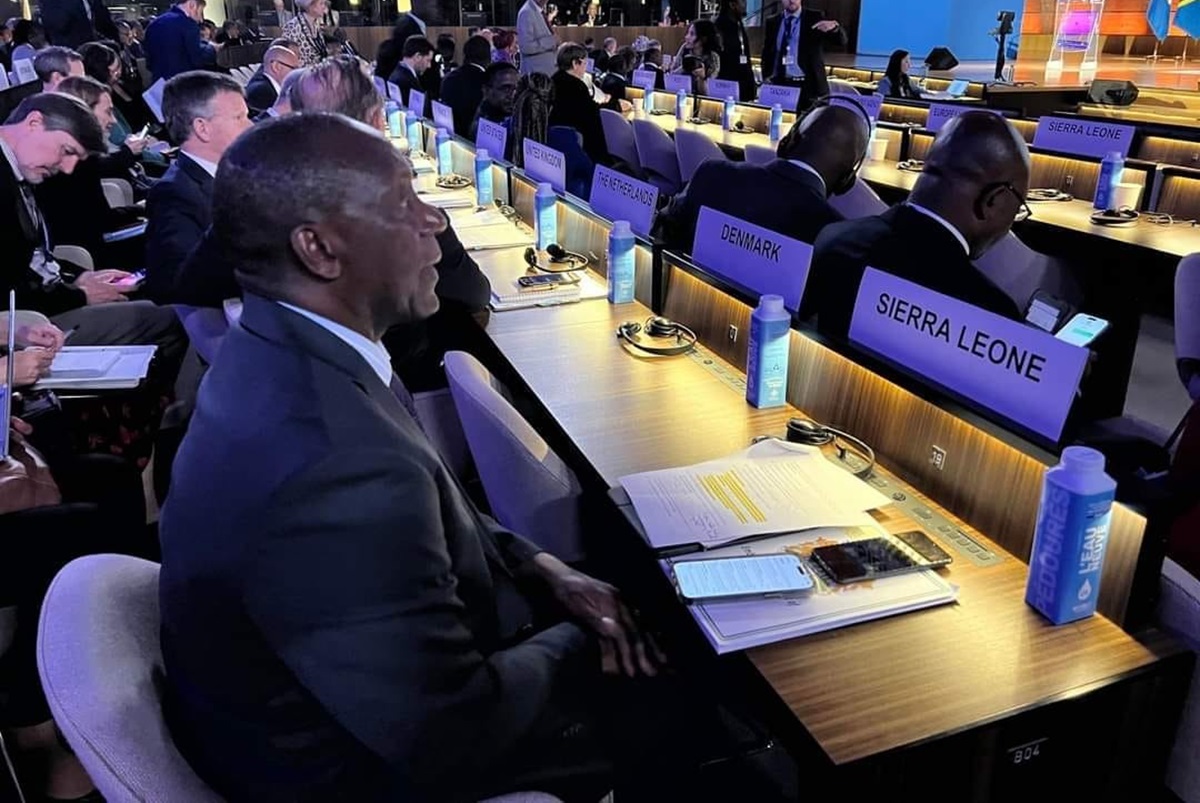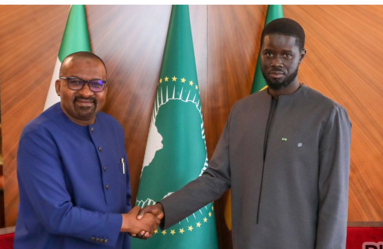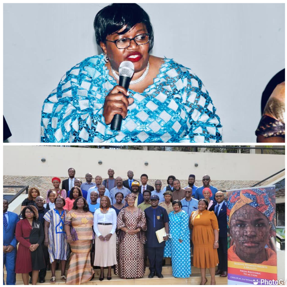
The Ministry of Foreign Affairs and International Cooperation commenced a two-day Drafting Workshop on the African Charter on Human and Peoples’ Rights on the Rights of Women in Africa (Maputo Protocol)
The Legal Directorate of the Ministry of Foreign Affairs and International Corporation (MFAIC) on Tuesday 5th April 2022, started a two-day session on the drafting of State reporting under the African Charter on Human and People’s Rights and the Protocol to the African Charter on the rights of women.
The session which took place at the Country Lodge Hotel in Freetown saw representatives from the Center for Human Rights, the University of Pretoria, Civil Society Organizations (CSOs), Government Ministers, and members of the Inter-Ministerial Committee (IMC) that form the crux of the National Reporting Mechanism to International Treaty bodies.
In her welcome address, marking the official opening of the session, the Deputy Director-General, Operations, MFAIC, Mrs. Isha Sillah, thanked the team from Pretoria for partnering with the Foreign Ministry to draft the second report after the initial combined report under Article 62 of the African Charter on Human and People’s Rights that was submitted in 2015 as the first ever report on the African Charter and the first-ever report on the Maputo Protocol.
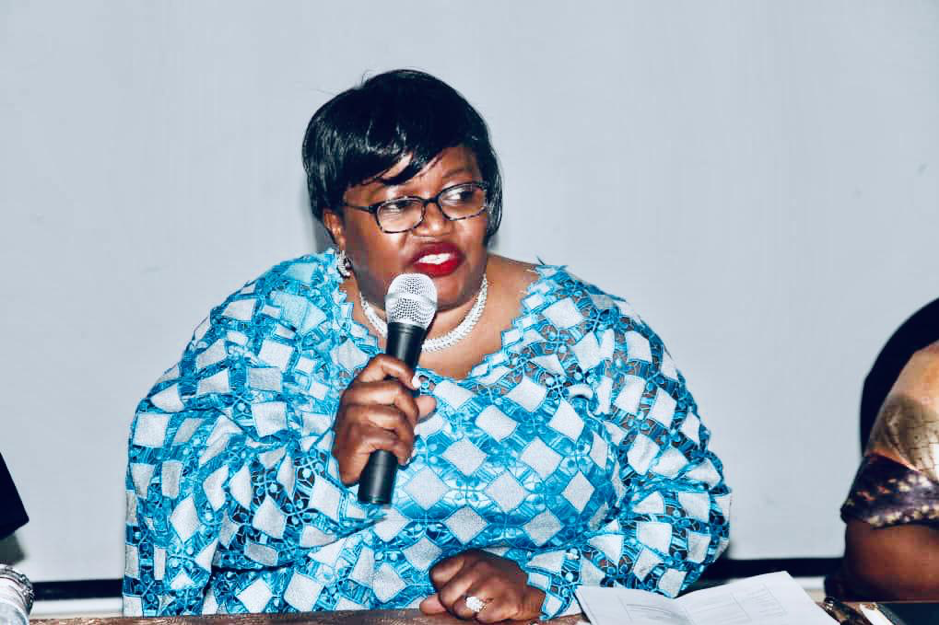
“These reports, in my estimation, would be consolidated into a single document that will be presented on behalf of the government”. She urged the workshop that “particular preference should be placed on addressing the concluding observations and recommendations on the initial and combined periodic report of the Republic of Sierra Leone on the implementation of the African Charter on Human and People’s Rights,” she went on.
She mentioned that the policy objectives of the Government of Sierra Leone are geared towards the promotion of the overall empowerment of women in political, social, economic, and cultural scopes and to provide for a stronger relationship between the state citizens with enhanced human capital development by effectively managing risks and empowering livelihood for sustainable social cohesion and nation-building.
She further mentioned some of the strides that the Government of Sierra Leone has taken together with the International Ministerial Committee (IMC) as a formidable force for greater corporation and collaboration with government functionaries for a more progressive realisation of its human rights aspirations.
She also disclosed that, among other things, the Government has launched the National Reporting Mechanism to international treaty bodies. She described the National Reporting Mechanism as a key instrument in positioning Sierra Leone as a rebranded nation that is poised to become the envy of all, with the standard practice that can be emulated by all.
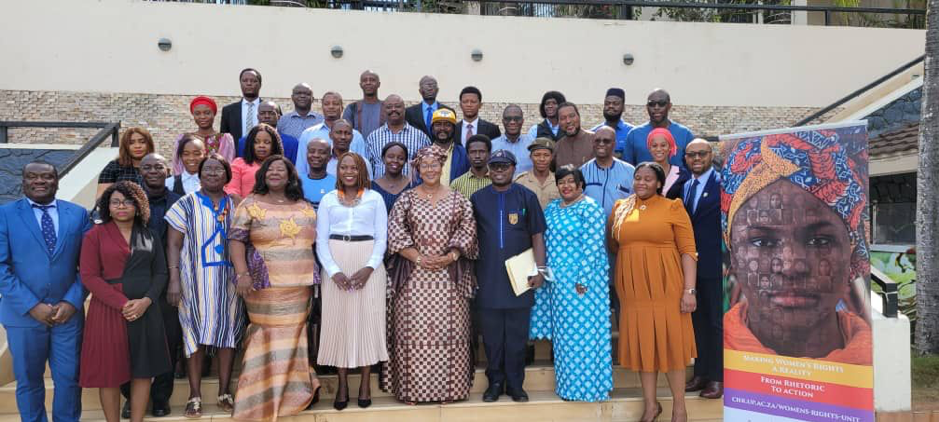
“The National Reporting Mechanism shall provide the common institutional framework for the completion of the of the international treaty monitoring bodies under the international and regional framework for the completion of the international reporting obligations of Sierra Leone to international treaty monitoring bodies, under the international and regional human rights conventions to which Sierra Leone is a party,” she said.
The Program Manager, Center for Human Rights and Women’s Right Unit, Pretoria, Matilda Lasseko-Phooko, disclosed that the Center for Human Rights assists member States that are party to the Maputo Protocol and the African Charter with regards to meeting their obligations to report.
Lasseko-Phooko, further disclosed, that, through their research, they have come to realize that African countries struggled to report because they lack the capacity, time and resources for drafting. “So, in trying to fill that gap, the Center has a project where it facilitates member States and different actors in the country to prepare their state report to the African Commission,” she added.
She recalled that the team from Pretoria had been in Sierra Leone sometime last year in respect of the reporting. “In that meeting, we built the capacity of the IMC to understand the process itself, the content of the treaties and the substantive provisions required,” she said.
Lasseko-Phooko furthered that yesterday’s workshop was the second stage of that process where they sat with people who know what the drafting process is about and doing the drafting. “In addition to that as a Center, they have facilitated the appointed of a Technical Assistant who is a locally based individual that will work with the group upon our departure,” she revealed.
She further revealed that “within the next two months, we shall have a draft document that can be validated by key stakeholders. Once the draft is finalized, it becomes a political process of getting it between the Government of Sierra Leone into the Secretariat within the African Union Commission.
She noted that the country is obligated to protect and promote human rights and to ensure the implementation of those human rights. This process enables the country to take stock of what has been done, what can be done better, and what are the challenges that must be addressed.

